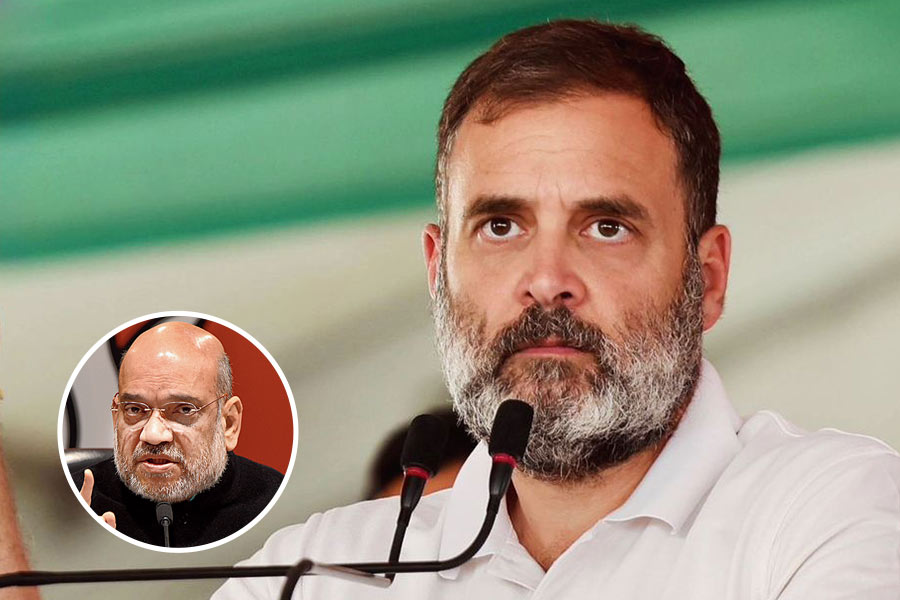The alarming frequency of natural calamities around the world caused in large part by global warming indicates the inevitability of climate change-induced disaster. The urgency of the threat, however, has been confirmed with the release of the latest report by the Intergovernmental Panel on Climate Change, which has warned that a warming of 1.5 degrees Celsius above pre-industrial levels is likely even before 2040. This is frightening, given that the 2015 Paris pact pledged to strive to keep the rise in global temperatures under 1.5 degrees Celsius and well below 2 degrees Celsius during this century. The projection bodes ill for India in particular — the nation and the subcontinent, according to the report, will be increasingly vulnerable to extreme weather events like heat waves, droughts, rainfall and, also, greater cyclonic activity. In a clarion call for damage control, the report has stressed upon the need for immediate cuts on global greenhouse gas emissions.
That matters have come to such a pass is indicative not only of an inertia towards honouring climate commitments made in the Paris agreement but also the bottlenecks that continue to plague climate talks. These include prolonged — often fruitless — negotiations over comparative emission cut rates and the dogged unwillingness of richer nations to make greater concessions in the allocation of funds and technology to weaker economies. The next round of deliberations in Glasgow in a few months’ time must avoid these pitfalls.
India, the world’s third-largest emitter, is one of the few nations that seem to be on track towards meeting the target they decided on in Paris. In spite of its lower carbon imprint and comparatively lower energy consumption, India must work on a war-footing to devise mitigatory, inclusive policy and modernize infrastructure to become climate resilient. The challenges are formidable in this respect. For one, it is one of the countries that is yet to update, or further stiffen, its nationally determined contributions, which nations were requested under the Paris pact to update by 2020. The synergy between green imperatives and industry is rare; only a handful of India’s sunrise sectors pay attention to the need to reduce carbon weightage. The scale of transforming the ecosystem of energy consumption, public transport, housing and the implementation of adaptation techniques is daunting. Climate refugees, a constituency that is likely to burgeon as erratic weather events intensify, are not recognized under most statutes, including the 1951 Refugee Convention and the 1967 Protocol relating to the Status of Refugees, thereby rendering them ineligible for protection under Indian and global legal frameworks. Equally worrying is the absence of public mobilization in favour of policy interventions to address climate change. Not everything can be left to a dedicated, but fragmented, philanthropy. The political class would be forced to act only if the environment becomes a political, economic and civic issue, as opposed to a merely ecological one. But is there any time left?










